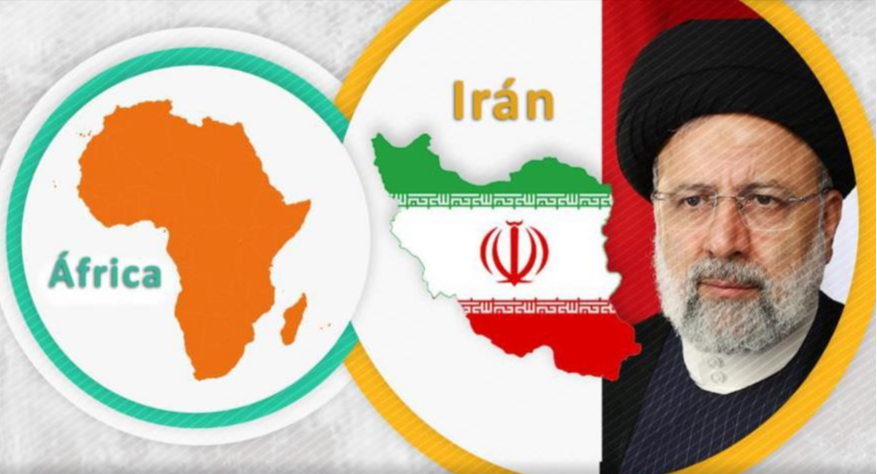
Tehran has receptive ears in Africa and Latin America and the Caribbean.(Photo:Hispantv)
By Roberto Morejon
Iran is opening up to the world in a difficult internal context, due to Western sanctions, mainly from the United States, which has forced it to boost its development, mainly with its own resources and talent.
The Iranian President, Ebrahim Raisi, traveled to three African countries, Kenya, Uganda and Zimbabwe, a region of the world where a Persian Head of State had not visited in the last 11 years.
Trade with its partners in the so-called black continent will increase to more than two billion dollars this year, an amount considered by both parties to be below potential.
Iran is showing progress in the petrochemical and health industries, science, pharmaceuticals and technology, in view of the need to obtain products and services that are elusive in the international arena due to Western punishments. It is no coincidence that President Raisi signed five cooperation agreements with the Kenyan authorities in the fields of veterinary medicine, communication, fishing, technology and culture.
It is not idle to underline that Iran is returning to Africa in a position to share experiences and reach agreements among equals, as opposed to the plundering visions of the industrialized North.
It should be noted that the statesman stressed that "Iran's perspective on cooperation with Africa is based on synergies and is based on the human dignity of the people of the continent".
It was in the same positive light that Head of State Ebrahim Raisi traveled to Nicaragua, Venezuela and Cuba in June, also to increase Iran's participation in the region's economy. During the trip, the visitor and his interlocutors denounced the U.S. policy of sanctions applied to all.
As a result of the talks, important cooperation agreements were signed and expressions of friendship were evidenced. It was a very propitious time for the first Iranian president to address a cardinal issue of these times.
Raisi urged to work on the search for formulas that would allow countries of the South to dispense with the US currency to carry out transactions and trade exchanges.
This is logical. The peoples of the South have in Iran an important partner in the struggle for a new international economic order. And along this path, Tehran has receptive ears in Africa and Latin America and the Caribbean.

